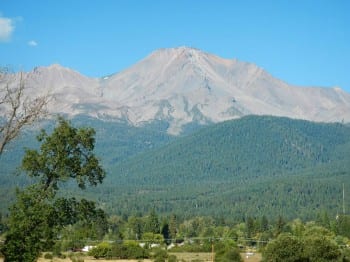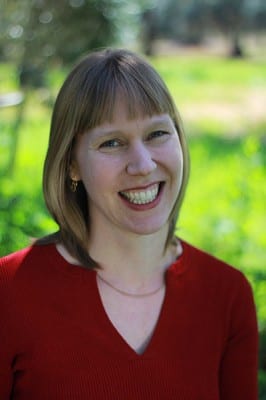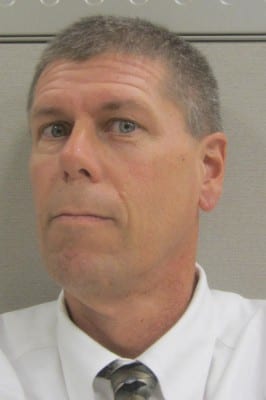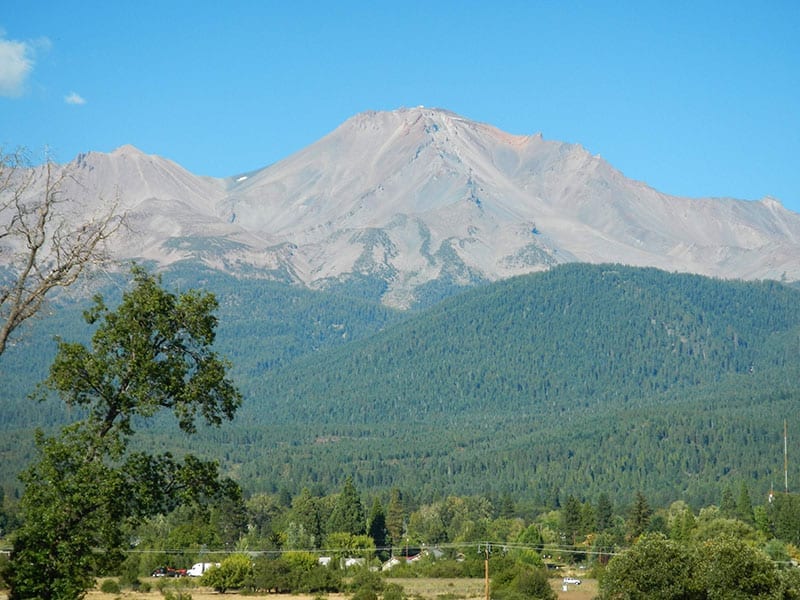Water Talks: Our Thirsty Years—Local Drought Impacts October 16th in Mt. Shasta
For Immediate Release: September 25th, 2014
Contacts:
Meadow Fitton, California Trout 530.859/1411
Kara Baylog, Shasta Valley RCD: 530.926/2259
Water Talks and the Forest Stewardship Workshop Series Present: Our Thirsty Years—Local Drought Impacts
Siskiyou County-CA
Shasta County-CA
 How is the current drought impacting policy, people, ecology and our forests? What is being seen on the ground?
How is the current drought impacting policy, people, ecology and our forests? What is being seen on the ground?
CalTrout and the Shasta Valley RCD invite the public to an educational presentation, “Our Thirsty Years—Local Drought Impacts” on Thursday October 16th 2014 from 6:00 pm to 8:00 pm at the Mt Shasta Sisson Museum in Mount Shasta. The program is co-hosted by the Shasta Valley RCD’s Siskiyou Forest Stewardship Workshop series and Caltrout’s Water Talks. As always, Water Talks and the Forest Stewardship Workshops are free and open to all.
“Our Thirsty Years—Local Drought Impacts” will feature presentations from:
- Elizabeth Betancourt Watershed Science and Policy Analyst, Forsgren Associates Inc. and Eric Wedemeyer Supervising Engineer, Shasta County Water Agency on “Overview of State Drought Timeline, Policy and Local Implementation,”
- Christine Jordan Biologist, Shasta Trinity National Forest on “Drought Impacts on Ecology and Wildlife,”
- Randy Akana Director of General Services, Siskiyou County on “Drought Impacts on Forestry and Fire in the Flood Control District around Lake Siskiyou,” and
- Geoff Harkness Mayor Pro Tem, City of Mt. Shasta, “Drought and the City’s Water Supply.”

Elizabeth Betancourt Watershed Science and Policy Analyst with Forsgren Associates Inc.
“This drought has proven to be the crisis necessary to put in place needed policy measures,” said Elizabeth Betancourt of Forsgren and Associates. “We will discuss the drought timeline and implications of new policies and how old ones are being implemented.”
Carey McWilliams says, “Water in California isn’t a problem; it’s a code word for 100 problems.” Drought years make it tough to meet everyone’s water needs when supplies and regulations are uncertain. “I will explain how the Shasta County has managed water so far in these tight water years,” said Eric Wedemeyer, Supervising Engineer of the Shasta County Water Agency.
Christine Jordan, a wildlife biologist with the Shasta Trinity National Forest has been observing drought impacts when completing field work for Forest projects. “I will discuss how these impacts affect our local ecology and wildlife and how thinning, fuels and watershed restoration activities can reduce impacts.”

Eric Wedemeyer Supervising Engineer of Shasta County Water Agency
“Water, the New Siskiyou County Gold.”…. Whom would have thought 30 years ago that water would be the precious commodity it is today. I’ll talk briefly on the value of water as it relates to Lake Siskiyou forest management and recreation,” said Randy Akana, Siskiyou County Director of General Services.
“The impact of the drought on the City’s water supply is forefront on our minds,” said Mt. Shasta City Mayor Pro Tem Geoff Harkness. “In my presentation I will talk about how the city is managing water demand given the reduced spring flow. We will review the City’s sources of water, our delivery system, and conservation measures. The presentation will conclude with a discussion of possible water projects to tackle in the coming months and years,” he said.
Attendees can expect to come away with a better understanding of drought policy, the challenges being faced by local forest, aquatic, and meadow ecosystems, as well as human water supply.
About California Trout’s Water Talks
Water Talks are an ongoing series of informational and educational presentations with local and regional experts sharing their knowledge with the public on a range of water related topics. The purpose of Water Talks is to provide a place to learn about water related topics. Water Talks is a project of California Trout. California Trout is a nonprofit organization dedicated to seeking workable solutions for fisheries restoration throughout California.” For more information contact Meadow Fitton, California Trout Outreach Consultant at 530-859-1411 or mfitton@caltrout.org.
About Shasta Valley RCD
The Siskiyou Forest Stewardship Workshops are a series designed to give landowners and the community the knowledge they need to effectively manage their forests by connecting them with local and regional experts on forestry and fire management. The Shasta Valley RCD works with interested landowners on a voluntary basis to enhance the management and sustainable use of natural resources in order to ensure the long term economic viability of the community. For more information contact Kara Baylog, Shasta Valley RCD 530-926-2259 or Strawberria@gmail.com.





